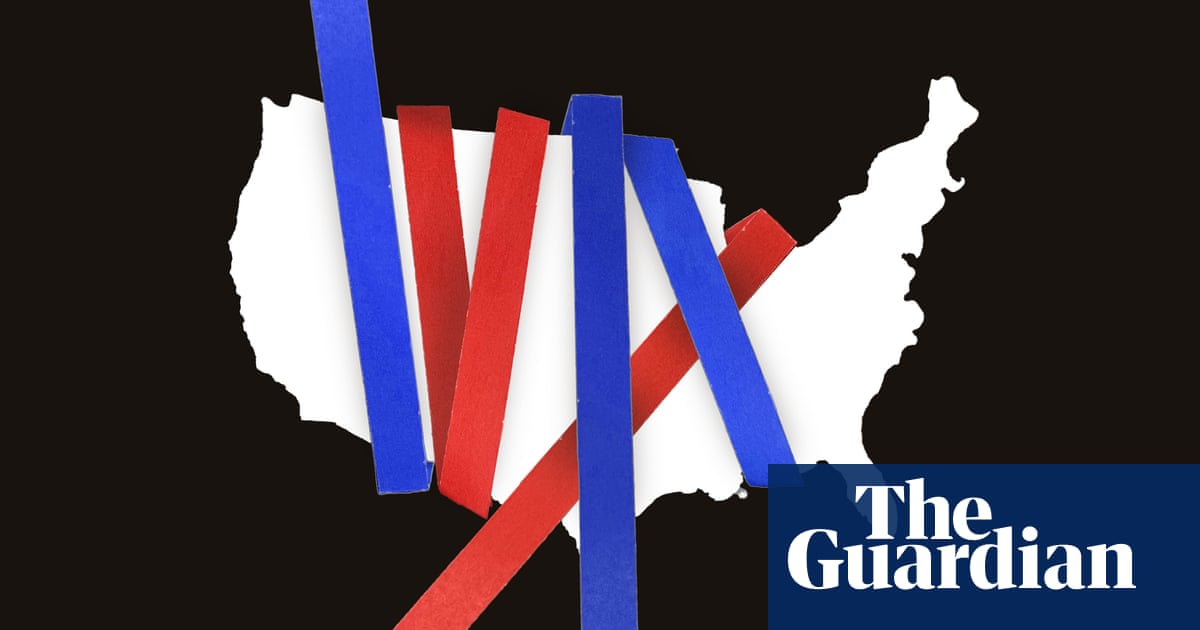Summary
In a mix of progressive and conservative ballot measures, voters across red and blue states broke traditional party lines in the 2024 election.
Despite Trump’s victory, red states like Missouri and Alaska approved minimum wage hikes, and Missouri, Arizona, and Montana established abortion rights protections.
Meanwhile, deep-blue California passed Proposition 36, introducing tougher penalties for retail theft and drug offenses, aiming to address homelessness and fentanyl abuse.
Massachusetts rejected a proposal to raise tipped workers’ wages, illustrating a nuanced voter landscape beyond simple “red” or “blue” state labels.
Meaningless once the Nazi regime gets back into power in January.
States that think the feds will actually be hands off are in for a rude awakening.
god im hating headlines right now. red states pass “progressive” laws that are par for the course or under progressive compared to blue states and blue states pass some laws that sorta hard to say if its left or right because like left policies are not necessarily no penalties for crimes. granted usually its left to deal with drug usage outside the criminal prosecution system or decriminalize usage alltogether. Tipped wages is debateable as well as far as left and right.
Someone lives in Oregon ;)



